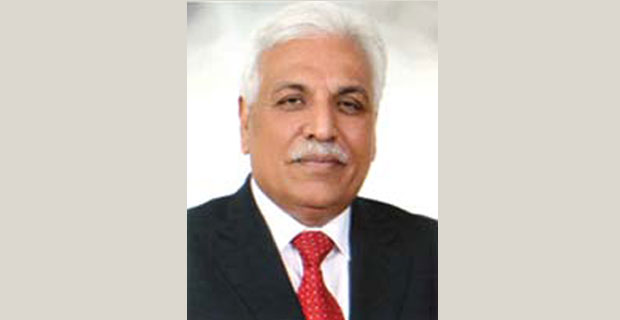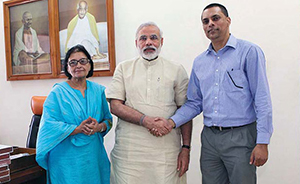Involving Patients, Carers & Families in the Treatment Programmes for the Mentally ill
Despite the general acknowledgement of the popular slogan that “there is no health without mental health”, mental health disorders continue to increase and cause considerable suffering all over the world.
exploring ways and means to provide help and support to the families and carers.
· A number of programmes are recommended for involving carers and families in the treatment programmes. Psycho-education, a strategy of teaching patients and families about mental disorders, their impact, their treatments and personal coping techniques and resources to overcome illness related difficulties, is highly recommended as a tool in supporting and helping the patients and the care givers.Psycho-education can have many descriptions including family therapy, family education programmes, family led support groups and individual consultation and specific psycho-education sessions
· Promoting the establishing of local carers groups is another way of supporting carers and families as there is ample evidence that working with carers and families is not only beneficial for short-term outcomes but may also lead to long-lasting improvements in service provisions.
· Growing interest among professional organisations for supporting families and carers has also raised the profile of this aspect of care.World Psychiatric Association, the umbrella organisation of psychiatrists, has raised this particular issue by issuing guidelines to its member societies on developing partnership for best practice in working with service users and carers.
It is expected that civil society will also join professionals in their efforts supporting the carers & making a visible change for the care of mentally ill that certainly remains a neglected area in health and social care systems in many countries.
—Dr Afzal Javed is a Consultant Psychiatrist working in UK and Executive Secretary for Scientific Sections of World Psychiatric Association.











Comments.